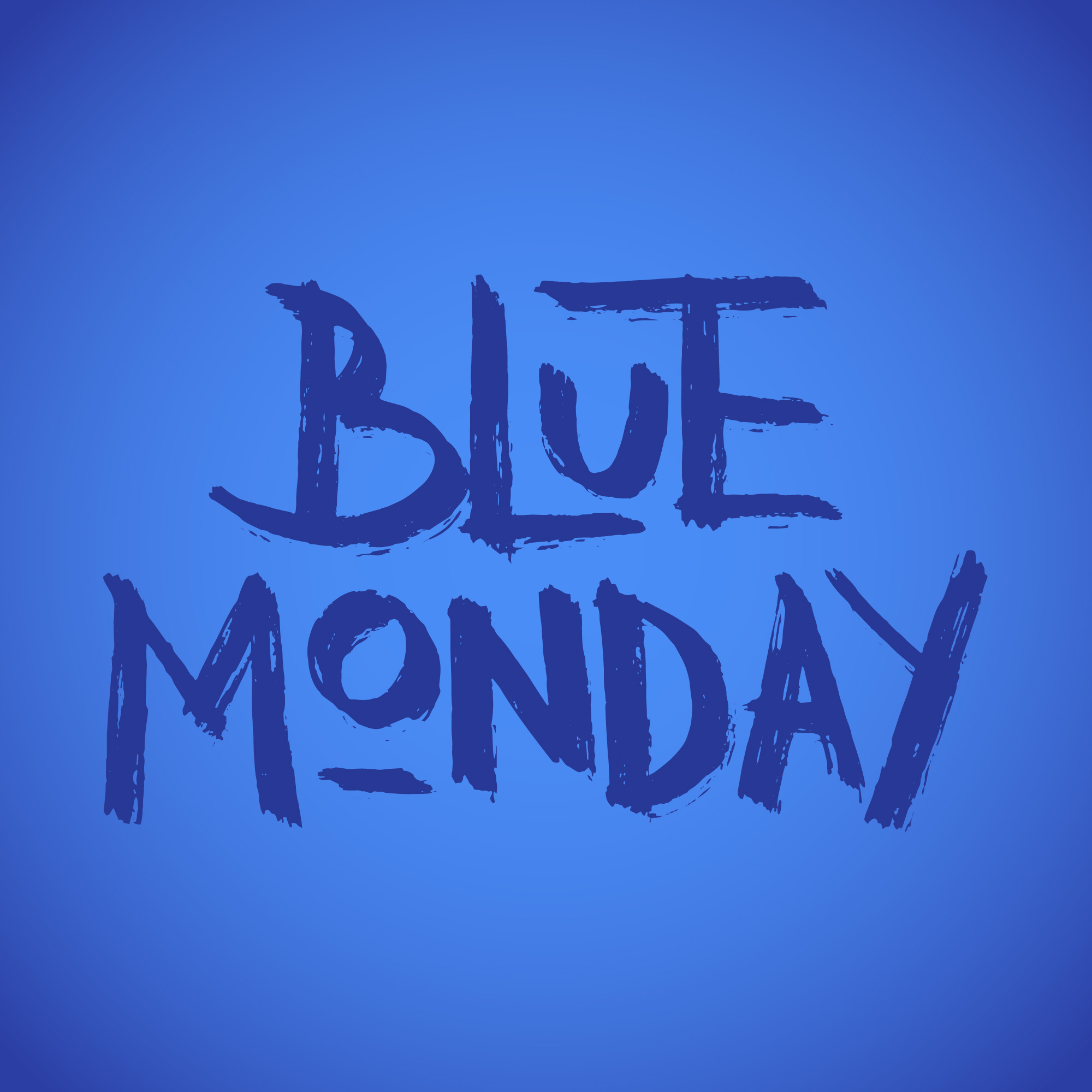Blue monday – why it’s known as the most depressing day
Contents
As the sparkle of the festive season fades and the new year gets underway, many people find themselves battling a lingering sense of melancholy. The transition from holiday cheer to the stark reality of cold, grey winter days can be challenging, leaving even the most resilient of us feeling flat. Against this backdrop comes “Blue Monday,” widely referred to as the most depressing day of the year.
At our luxury mental health and addiction treatment centre in Ibiza, we understand the impact of seasonal challenges on mental well being. Here, we explore what Blue Monday is, how it ties into the broader concept of the winter blues, and the steps you can take to restore your emotional balance.
What is Blue Monday?
Blue Monday typically falls on the third Monday of January each year, this year, it lands on the 20th. The term was coined in 2005 as part of a marketing campaign that claimed to identify the year’s most depressing day. A formula factored in variables such as debt levels, weather conditions, the time elapsed since Christmas and failed New Year’s resolutions.
While the science behind Blue Monday has been widely discredited, the concept continues to resonate. It draws attention to the emotional challenges that often accompany this time of year, post-holiday letdown, financial strain, and the psychological weight of unmet resolutions.
The winter blues vs seasonal affective disorder (SAD).
For many, the winter months bring a temporary dip in mood often referred to as the “winter blues.” However, for some, this seasonal low can develop into a more serious condition known as Seasonal Affective Disorder (SAD), a form of recurrent major depression triggered by seasonal changes, often experienced particularly during months with reduced sunlight.
Symptoms of the Winter Blues.
The winter blues are typically milder and linked to situational triggers, including:
- Returning to work and routines after the holidays can feel daunting.
- Overspending during the festive season can cause lingering anxiety.
- Shorter days and dreary skies sap motivation and energy.
- Overindulgence in rich foods and inactivity over the holidays can leave you feeling sluggish.
These feelings are usually short-lived and can often be managed with simple lifestyle adjustments.
Symptoms of seasonal affective disorder (SAD).
For some individuals, the symptoms are more severe, extending beyond general low mood to include:
- Persistent sadness or hopelessness.
- Loss of interest in previously enjoyed activities.
- Changes in appetite, particularly carbohydrate cravings.
- Sleep disturbances, including oversleeping.
- Fatigue and low energy levels.
- Difficulty concentrating.
- Irritability or social withdrawal.
- Thoughts of self-harm or suicide.
If symptoms persist for more than two weeks or interfere with daily life, professional support is essential. Seasonal affective disorder (SAD) is treatable, and with the right approach, brighter days are within reach.
It is also worth noting that some individuals do experience seasonal depression during the spring and summer months, with their symptoms – more likely to be insomnia, weight loss, restlessness, or anxiety—remitting during winter.
Why is January so challenging?
January is often seen as a perfect storm of emotional and physical challenges:
- Post-holiday letdown: The festive excitement and social gatherings are over, leaving many feeling isolated.
- Financial stress: Holiday spending often leads to anxiety as bills arrive.
- Unmet resolutions: The pressure to achieve ambitious New Year’s goals can lead to disappointment.
- Weather conditions: Dark, cold days with limited sunlight exacerbate feelings of gloom.
Strategies to beat the “Winter Blues”.
Even during the darkest days of winter, there are practical ways to boost your mood and well being:
- Maximise natural light: Spend as much time as possible outdoors during daylight hours. Even sitting near a window can help.
- Exercise regularly: Physical activity releases endorphins, which improve mood and energy levels.
- Maintain a balanced diet: Opt for nutrient-rich foods like fresh vegetables, whole grains, and lean proteins to stabilise energy levels. Avoid overindulging in sugary snacks.
- Socialise: Stay connected with friends and family to combat feelings of loneliness.
- Be kind to yourself: Set realistic goals and adjust your expectations. Progress, no matter how small, is worth celebrating.
- Seek professional support: If symptoms persist, a mental health professional can offer therapies like cognitive-behavioural therapy (CBT).
Luxury mental health retreats in Ibiza.
For those seeking to escape the gloom of winter and prioritise their mental health, our luxury mental health and addiction treatment centre in Ibiza provides a sanctuary of healing. With over 300 days of sunshine each year, Ibiza’s warm and inviting climate is a natural antidote to winter’s challenges.
Our holistic approach to mental well being includes a wide range of therapies, from transcranial magnetic stimulation (TMS) – a cutting-edge treatment for depression and SAD, to psychotherapy, mindfulness practices, and physical wellness programmes. We also offer comprehensive support for addiction, trauma, and co-dependency, tailoring each treatment plan to meet the unique needs of our clients.
For information on all the treatments and therapies available here at our rehab centre in Spain, and details on admissions contact sharon@ibizacalm.com
Take the first step towards recovery.
Whilst Blue Monday may be rooted in marketing, it serves as a timely reminder to prioritise mental health during the colder months. Whether you are experiencing mild winter blues or the more severe symptoms of SAD, help is available.
Contact us today to learn more about how our treatments and holistic approach can guide you towards a brighter, more hopeful future. Together, we can help you rediscover joy and resilience – no matter the season.
You’re not alone on this journey.
The path to recovery starts with a small first step.

